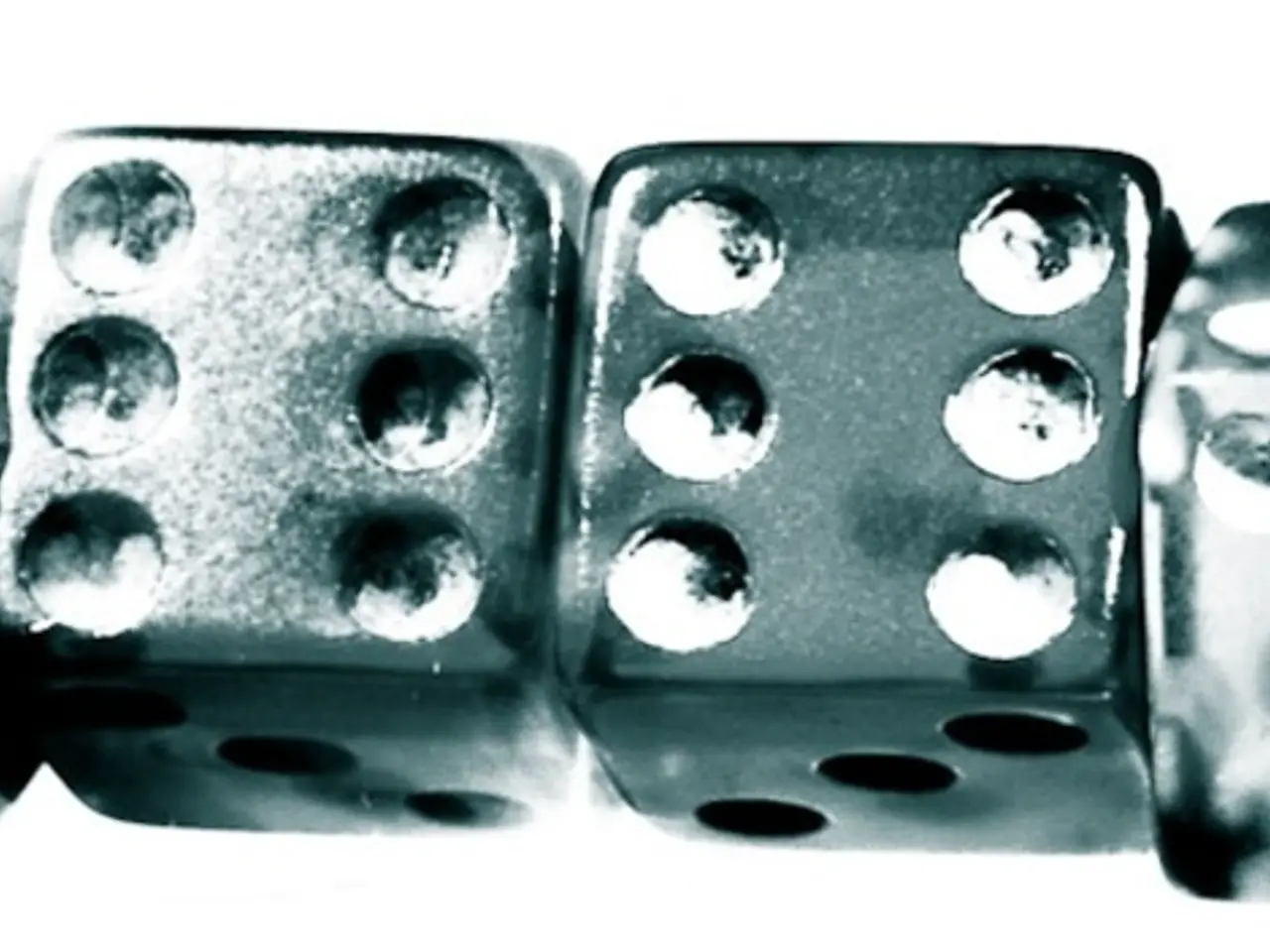Methods for Examining Casino Dice:
In the world of gambling, the fairness and integrity of games are paramount. This is especially true for dice games, where the outcome can significantly impact players and casinos alike. Let's delve into the intricacies of how casinos test their dice, as revealed in Keith Souter's "The Pocket Guide to Dice and Dice Games."
Published by Skyhorse Publishing, Inc., on December 13, 2013, this comprehensive guide provides valuable insights into the world of dice and dice games. If you're curious about how casinos ensure their dice are fair, simply search for "how do casinos test dice" in the book.
When it comes to the testing process, the boxperson plays a crucial role. This casino employee is responsible for inspecting each die visually, checking for equal opposing sides, the casino name, logo, and serial number, as well as for any visible defects. To ensure the dice are not loaded, the boxperson uses tools such as an electronic micrometer, balancing caliper, steel set square, and magnet to test the dice for correct size, weight, squareness, and absence of added metal.
However, there are more insidious methods that unscrupulous individuals might use to manipulate the outcome of a game. For instance, drilling out a space behind the dots and filling it with metal creates loaded dice, while removing material from one or more sides of a die creates a floater. Altering the dimensions of a die to make two sides larger creates flats, all of which can significantly increase the odds of a desired outcome.
It's important to note that these practices are strictly prohibited by gaming boards and regulatory bodies, such as the New Jersey Casino Control Commission and the New Jersey Division of Gaming Enforcement (NJ DGE), which set the standards for gambling in Atlantic City, New Jersey.
To maintain the integrity of their games, casinos keep their dice under lock and key until tables open for business. This helps prevent any unauthorised manipulation of the dice.
Interestingly, a six-sided die has a 16.667% chance of rolling any given number. This mathematical certainty is a cornerstone of fair gaming, and casinos go to great lengths to ensure that this probability remains unchanged.
If you're intrigued by this fascinating aspect of casino operations, you can find a digital copy of "The Pocket Guide to Dice and Dice Games" online at books.google.com. With its wealth of information, this guide offers a captivating glimpse into the world of dice and dice games, providing insights that are both educational and entertaining.
Read also:
- Impact of Alcohol on the Human Body: Nine Aspects of Health Alteration Due to Alcohol Consumption
- Understanding the Concept of Obesity
- Lu Shiow-yen's Challenging Position as Chair of the Chinese Nationalist Party (KMT) Under Scrutiny in Donovan's Analysis
- Tough choices on August 13, 2025 for those born under Aquarius? Consider the advantages and disadvantages to gain guidance




